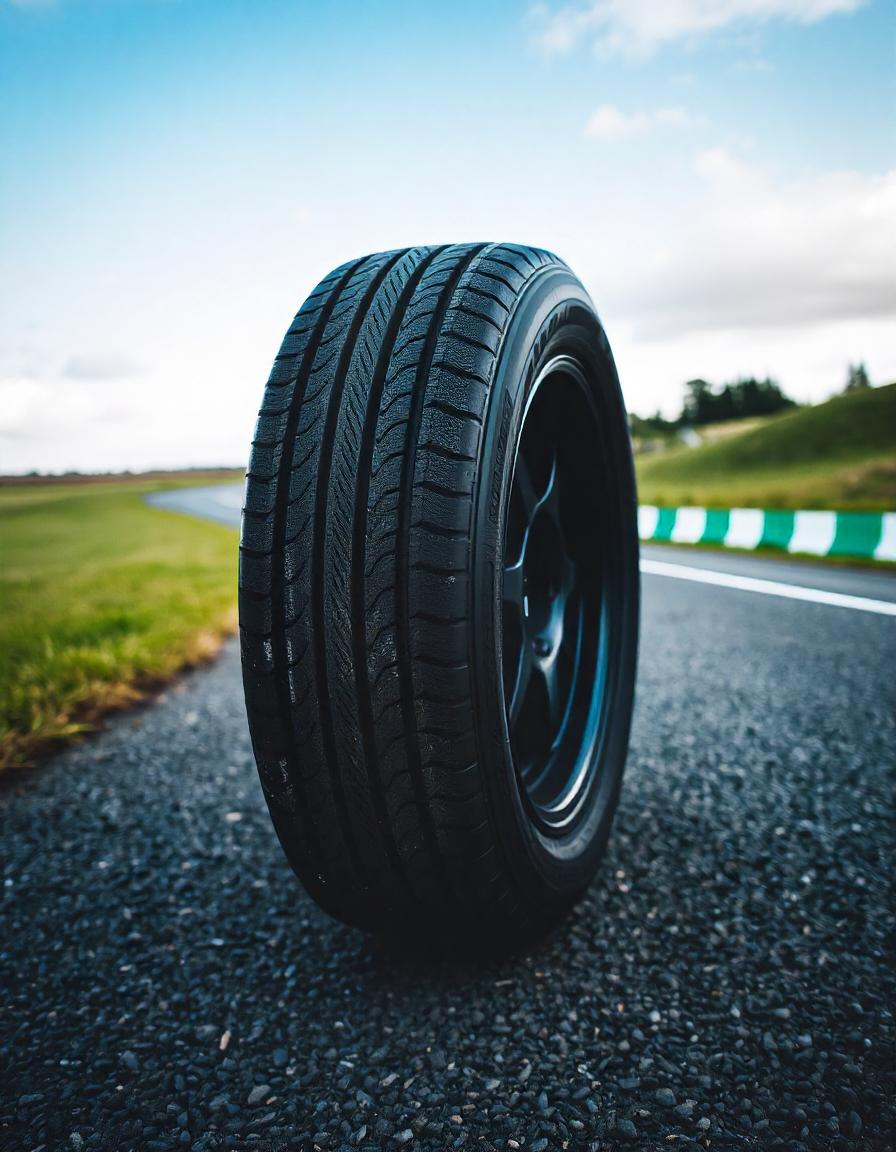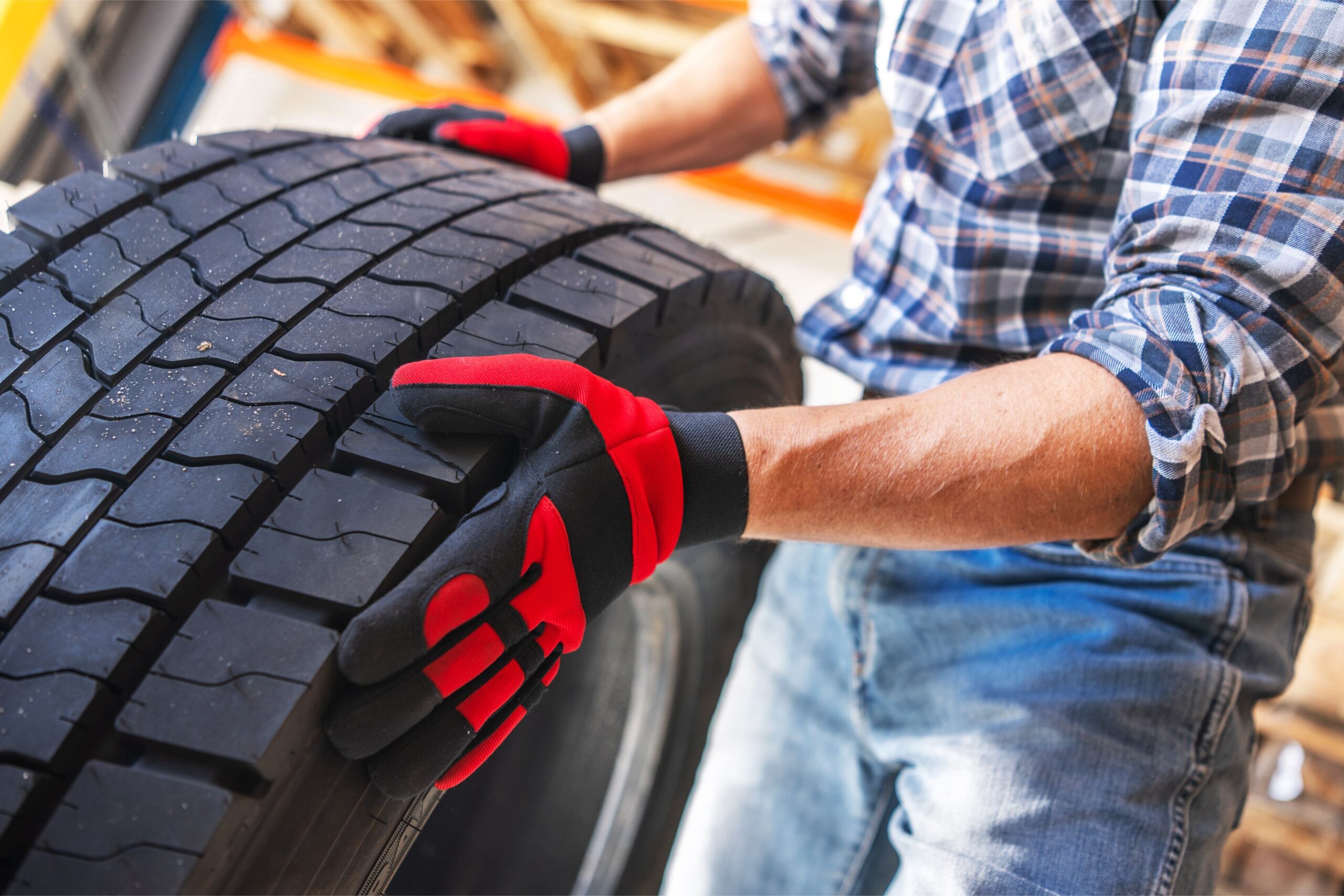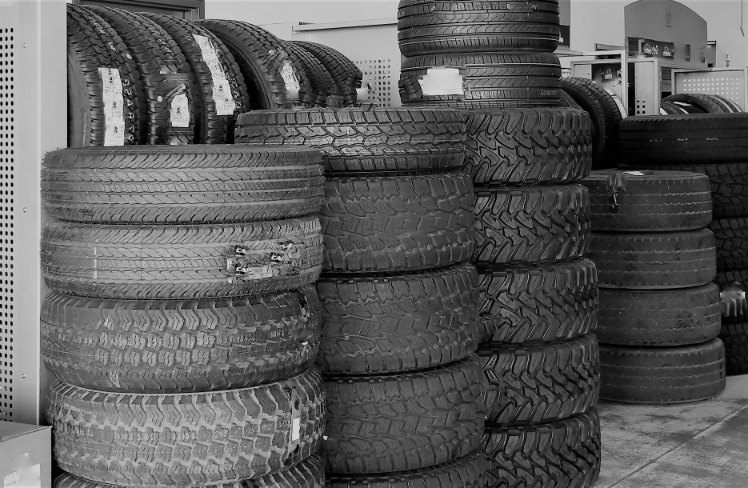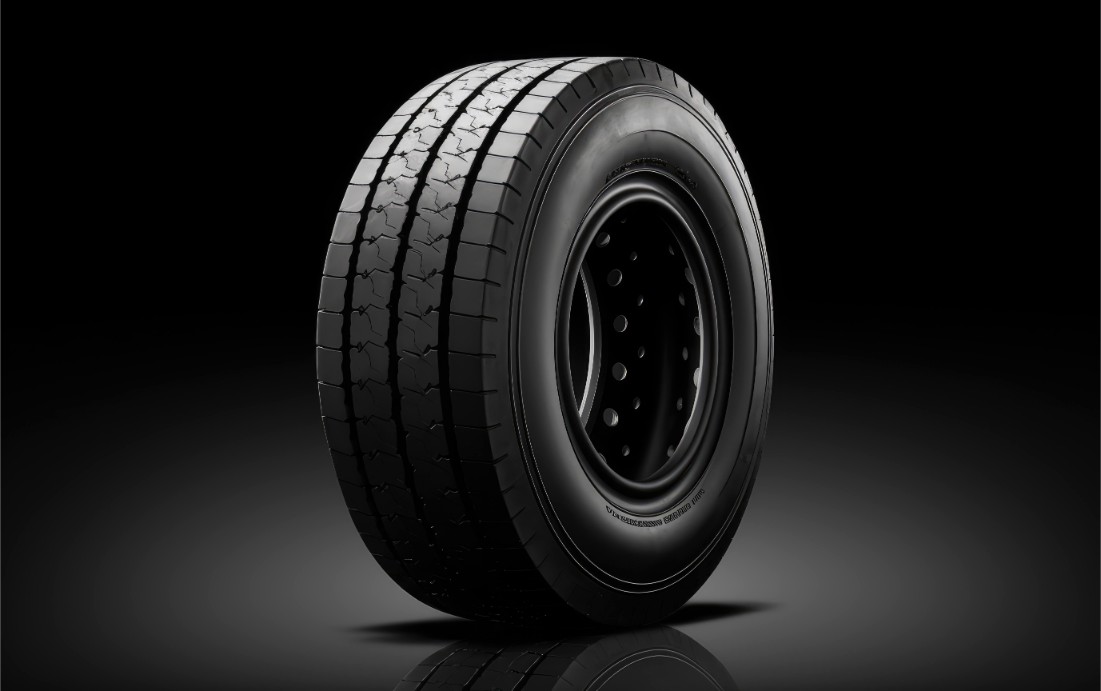
The rapid increase in motor vehicle ownership has brought unprecedented ease to mankind but has also encumbered the earth with tons of waste material, particularly scrap tyres. A million scrap tyres are generated annually in India alone, causing pollution and wasting useful resources. Still, affordable scrap tyre recycling presents a viable means of converting waste into opportunity. The process of recycling rubber has been transformed, not just turning it into a profitable venture but also an environmental conservation boon.
The Tyre Challenge: A Growing Concern
India, with its fast-growing automotive industry, is among the largest tyre markets globally. HCV tyres, in fact, play a vital part in India’s freight carriage business, and their steady demand automatically creates more scrap tyres. As they become worn out or are rendered unsuitable for use, they accumulate as waste—a scenario supported by the absence of organized disposal or recycling procedures.
What makes scrap tyres so difficult is their make-up. Tyres are strong, flexible, and resistant to breakdown—traits that are vital to their function but a disaster to dispose of. If not disposed of properly, they fill up landfills, release poisonous chemicals when incinerated, or fill up waterways, harming humans and the environment.
Enter Scrap Tyre Recycling
Recycling of rubber is revolutionizing the destiny of used tyres. By reusing the material to create new products, recycling provides a mechanism for reducing environmental damage while generating economic value. Developments in tyre recycling technology now make tyres safe and inexpensive to process, setting the stage for green practices in India and around the world.
There are several ways of recycling scrap tyres. One of the most significant is retreading tyres—a process in which old tyres are retreaded by re-placing the tread. Retreading tyre is particularly common among HCV tyres, as it greatly prolongs their life and lessens the need for new tyres. Another way is shredding scrap tyres into rubber granules, which are utilized in the building sector, play areas, and sporting fields.
Opportunities for Scrap Dealers in India
Scrap tyre recycling has opened up lucrative opportunities for Indian scrap dealers. Scrap tyres can be collected and sold to recycling plants by the dealers, establishing a lucrative supply chain. This is not only a money-making business but also helps to clear the environment, thus a win-win business.
Firms such as Regrip (https://regrip.in/) have become trendsetters in the tyre recycling industry, filling the gap between scrap traders and innovative recycling methods. Regrip’s initiative towards green practices has made tyre recycling economical and viable, allowing scrap dealers and companies to work together on more environmentally friendly projects more easily.
Economic and Environmental Benefits
Recycling scrap tyres is a goldmine for the economy. Manufacturers save on raw material when they reuse tyres, enabling them to make goods cheaper. Recycling plants create jobs, stimulating local economies and facilitating skill acquisition.
The environmental advantages are even more impressive. Recycling helps to ease the burden on landfill sites and eliminates poisonous emissions from tyre fires. It also saves natural resources by minimizing the demand for virgin rubber manufacturing, which is known to contribute to deforestation and water usage. Tyre recycling helps to mitigate climate change and is hence a critical component of sustainable development.
Challenges in Rubber Recycling
Although promising, tyre recycling in India is hindered by challenges that need to be overcome. Consumers’ lack of awareness regarding recycling opportunities tends to result in scrap tyres being disposed of inappropriately. Additionally, Indian small-scale scrap dealers can find it difficult to access recycling plants or locate buyers for the tyres they collect.
The industry and government must join hands to establish a strong framework for tyre recycling. Incentivizing collaboration among tyre manufacturers, recycling industries, and scrap traders will make recycling methods more prevalent. Public campaigns, rewards for recycling units, and stronger laws regarding tyre disposal can also hasten progress.
Future Prospects of Scrap Tyre Recycling
With India embracing its green revolution, scrap tyre recycling is likely to become a pillar of green growth. Sophisticated technologies like pyrolysis—a process of breaking down scrap tyres into fuel—are gaining popularity, providing new means of deriving value from waste. These technologies promise a future where tyre recycling is not only economical but also very efficient and scalable.
The entry of companies such as Regrip (https://regrip.in/) serves to emphasize the increasing significance of private sector involvement in the tyre recycling revolution. Those firms that invest in recycling technology and forge alliances with scrap traders will pave the way towards a greener, cleaner India.
Call to Action: Prioritize Recycling
Economical scrap tyre recycling is not just a requirement—it’s a chance to convert waste into wealth. If you are a scrap trader wanting to sell scrap tyres or an entrepreneur seeking to venture into the rubber recycling industry, your role can contribute to making a difference. Collectively, we can redefine waste management and forge a sustainable future for India.
For more information on tyre recycling and to collaborate, go to Regrip’s website at https://regrip.in/.







